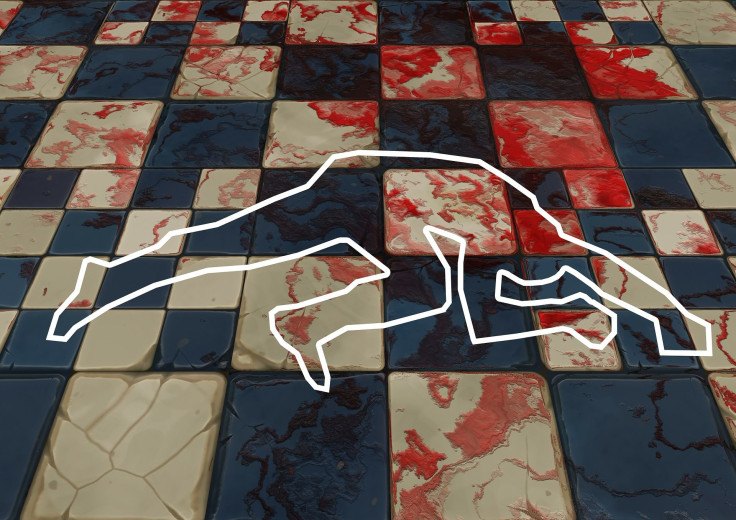The Inter-American Press Association (IAPA) stated that an eighth journalist has been assassinated in Haiti so far this year as the Caribbean country struggles with rising gang violence and deliberate attacks against media professionals.
Fritz Dorilas, who worked with Radio Tele Megastar, was shot dead near his home in Tabarre, northeast of the capital Port-au-Prince, on Nov. 5, the IAPA reported.
Dorilas was killed less than a week after Romelson Vilsaint, a journalist for Radio Tele Zenith who was from Haiti, died at a protest in Port-au-Prince.
On Oct. 30, Vilsaint died after being struck in the head by a tear gas canister during an incident in which, according to eyewitnesses, police fired onto a crowd of journalists seeking the release of a colleague.
Last week, Audrey Azoulay, the Director-General of UNESCO, asked for an investigation into Vilsaint's death and the prosecution of those involved.
“Journalists must be free to attend and report on events of public interest without fearing for their safety,” she said in a statement.
There has been an increase in gang fighting in the neighborhood where Dorilas lived.
Earlier this year, two journalists were killed while covering unrest in the impoverished Port-au-Prince neighborhood of Cite-Soleil.
Roberson Alphonse, a well-known reporter for Le Nouvelliste and a native of Haiti, also escaped an attempted murder attempt late last month.
As more and more powerful criminal gangs fight for control in the city as a result of President Jovenel Moise's assassination last year, violence has increased dramatically.
A weeks-long blockade of a crucial petroleum terminal has caused energy and water shortages, worsened already high rates of hunger, and added to Haiti's ongoing security and humanitarian crisis.
The Haitian government and the UN have called for international security assistance to help quell the violence. But Haiti’s fraught history of international interventions has left many skeptical of such missions, prompting protests.
Meanwhile, in recent weeks, the United States and Canada have implemented sanctions against famous gang leaders like Jimmy "Barbecue" Cherizier and politicians who have been linked to Haitian gangs.
In light of the ongoing difficulties, the United Nations has also pleaded with nations that are hosting Haitian refugees and asylum seekers not to send them back home.

© 2025 Latin Times. All rights reserved. Do not reproduce without permission.



